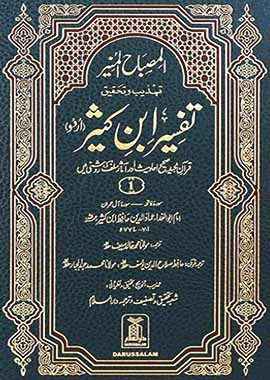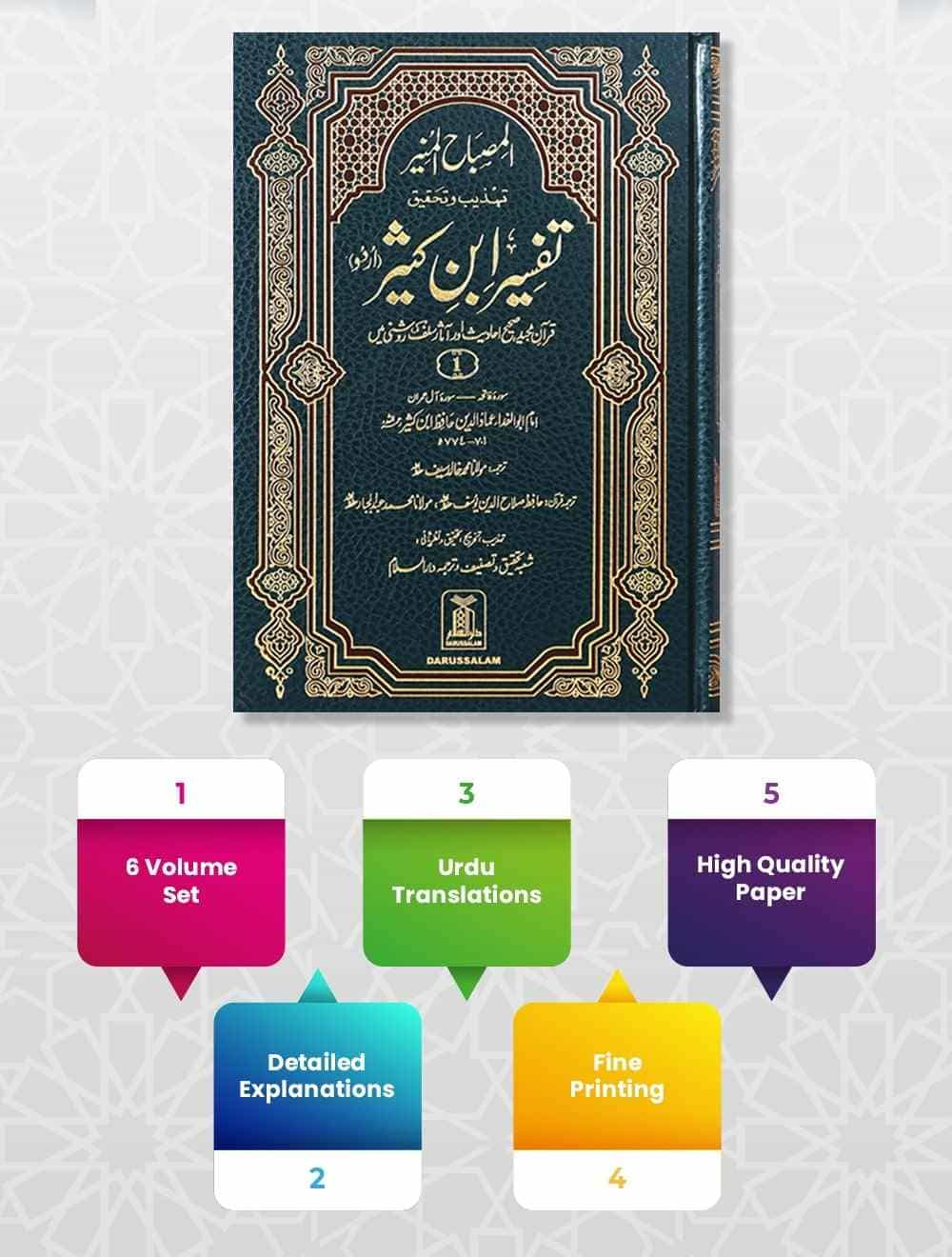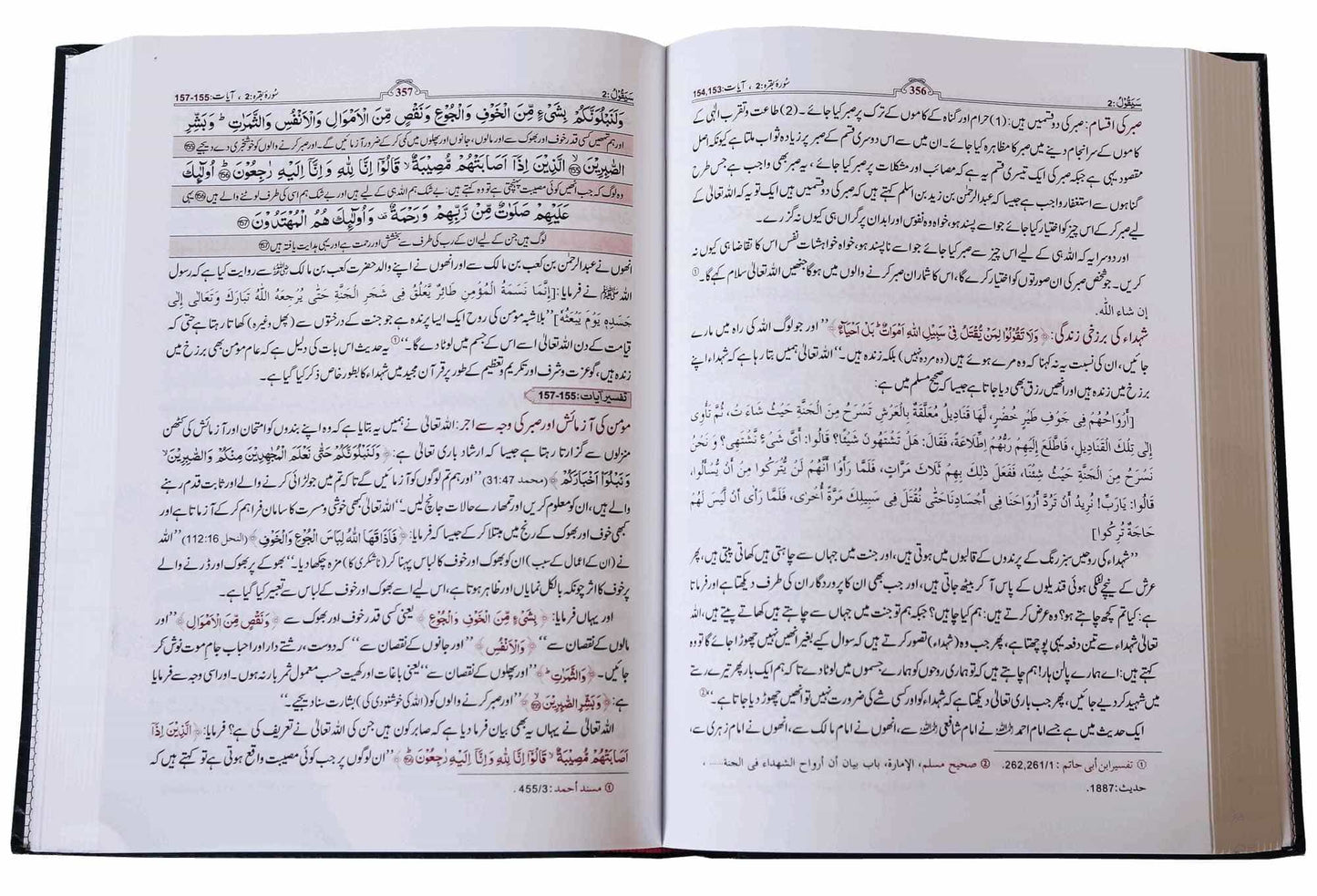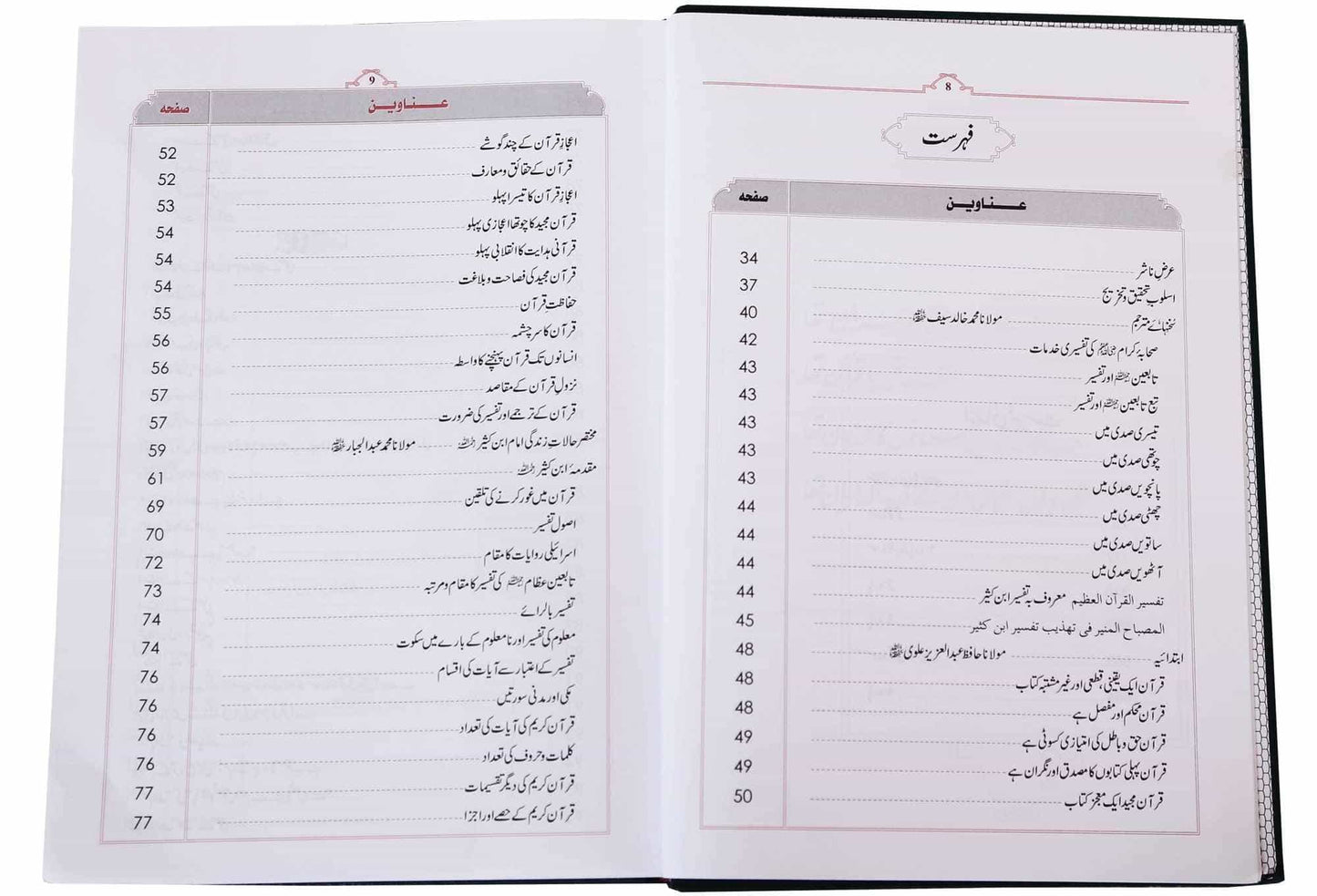



Throughout history, scholars of Islam have devoted themselves to explaining the Book of Allah, ensuring that people could understand its guidance without difficulty. From the earliest generations, Quranic exegesis (tafsir) was divided into two main approaches: tafsir bil ma’thur (based on transmitted reports) and tafsir bir-ra’y (based on reasoning). Among these, tafsir bil ma’thur—which relies on the Quran itself, authentic Hadith, and the sayings of the Companions, Successors, and their students—was regarded as the most authentic and original form.
Some scholars also included narrations from the People of the Book (Isra’iliyyat) within this category, which explains their presence in many early works of tafsir. The great scholar Imam Ibn Kathir (d. 774H) followed this very methodology in his renowned work. His tafsir remains one of the most respected commentaries of the Quran, valued for its reliance on authentic sources and clarity in explaining the meanings of the verses.
This is an abridged version of Tafsir ibn e Kathir in Urdu.





